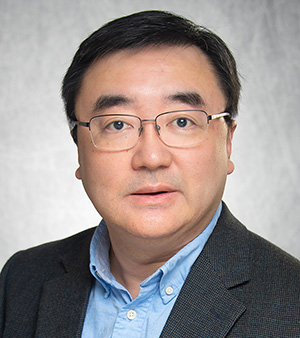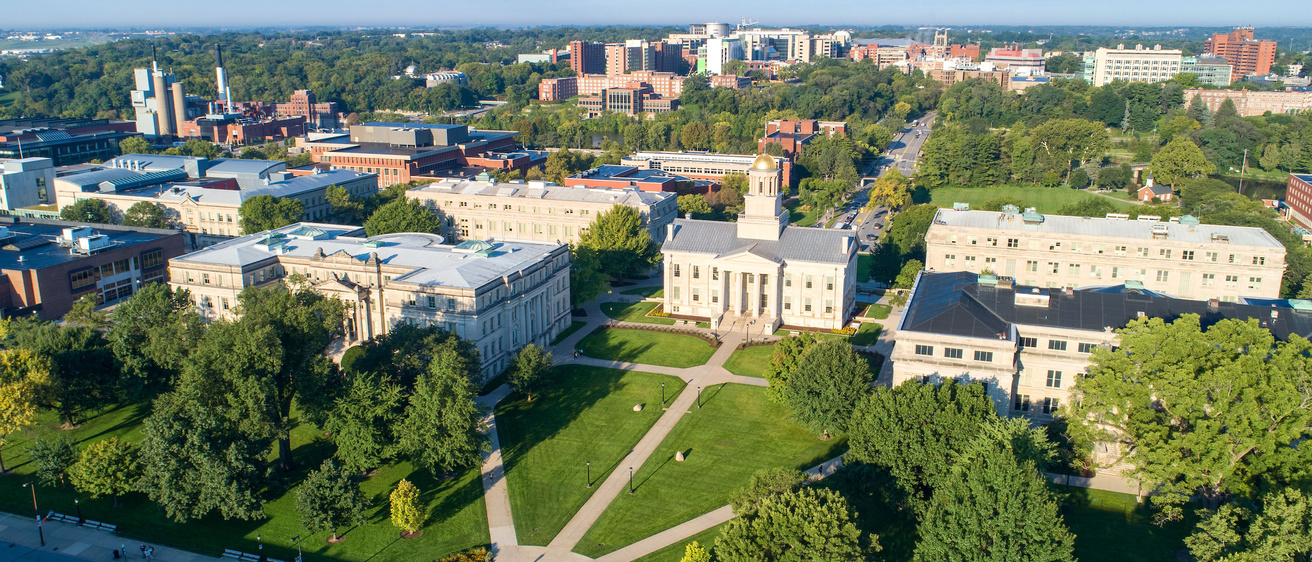
Yi Huang, MD, PhD
Associate Professor
Hematology, Oncology, and Blood and Marrow Transplantation
Contact
Department of Internal Medicine
Division of Hematology, Oncology and Blood & Marrow Transplantation
149 (Office) & 100 (Lab) Eckstein Medical Research Building
431 Newton Road
University of Iowa Carver College of Medicine
Iowa City, IA 52242
Ph: 319-467-1290
Email: yi-huang@uiowa.edu
Our Research
Research interests in Huang lab have been focused on understanding the roles of epigenetic changes in breast cancer initiation, progression, and resistance to therapies. A growing body of evidence suggests that epigenetic alterations, such as abnormal DNA methylation, dysregulated histone post-translational modifications, and changes in chromatin composition, contribute to uncontrolled breast cell proliferation and tumorigenesis. Our main research goal is to define, in depth, the mechanisms and biological consequences of aberrant crosstalk between key chromatin modifiers in breast cancer growth and metastasis. Our recent work indicated that activities of histone lysine-specific demethylase 1 (LSD1) and histone deacetylases (HDACs) are functionally linked in breast cancer, especially in triple negative breast cancer (TNBC). Clinically, TNBC is more aggressive, harder to treat, and more likely to recur than other types of breast cancer. LSD1 is the first identified FAD-dependent histone demethylase which specifically demethylates H3K4me1/2 on histone tails and causes transcription repression. LSD1 overexpression is significantly associated with worse prognosis in patients with TNBC, making it an attractive therapeutic target for this devastating disease. The ongoing project in my lab is to elucidate how LSD1 overexpression leads to aggressive phenotype of TNBC and how targeting LSD1 with novel inhibitors overcomes tumor resistance to chemotherapy and targeted therapies. We are also studying whether targeting crosstalk between epigenetic modulators and immune compartments could serve as a novel therapeutic approach for poorly immune responsive breast cancer. Our recent studies have demonstrated that inhibition of LSD1 reactivates key immune checkpoint regulator and cytotoxic T cell-attracting chemokines, which in turn augments sensitivity of TNBC to immune checkpoint blocking antibody. Based on these findings, we are seeking a new strategy to convert an immune repressive (cold) tumor to an immune permissive (hot) one through combining LSD1 inhibitors with chemo/immunotherapy regimens. The results from these studies are expected to provide new mechanistic insights and key preclinical evidence for using novel epigenetic drugs and combination approaches in TNBC. In the long run, these studies may lead to new and improved therapies for patients with relapsed and refractory breast cancer.
Positions Available
- Post Doctoral Fellows: Postdoc fellow positions are currently available. Please email Dr. Yi Huang with a cover letter of interest and a copy of updated CV.
- Graduate Students: Graduate (PhD or MS) and undergraduate students who are interested in breast cancer biology, epigenetics, immunology, experimental therapeutics are welcome to rotate/apply.
We are currently affiliated with the following graduate programs:
